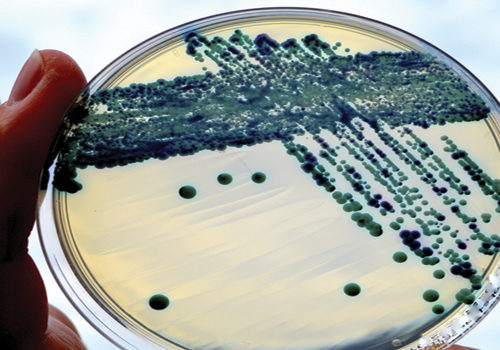Bath, UK—Researchers at the University of Bath are hopeful that a type of fermented yeast can give palm oil a run for its money, and ease the damage caused in countries like Malaysia and Indonesia by high demand for palm oil.
Palm oil is so widely and frequently used in industries including food and cosmetics that it might be viewed as indispensable. It is sought after for its versatility and relatively healthy profile as a nutritional oil. Unfortunately, its production is increasingly problematic for the environment. Though many palm oil operations are certified as sustainable, the deforestation carried out by some sectors of the palm oil industry is devastating to the habitats of many animals, most prominently the orangutan.
The news that a three-year research program has successfully cultivated an oily yeast, called Metschnikowia pulcherrima, that matches palm oil’s major qualities was recently reported by The Guardian. The wine industry in South Africa had already been using M. pulcherrima, but lead researchers Rod Scott and Christopher Chuck found that its applications may extend far beyond the vineyard.
The lipid profile that results from this yeast is very similar to that of palm oil. It is also easily harvested from plant life all over the world, including tree leaves, fruits and flowers as far flung as Vietnam, South Africa and Italy. This yeast has proven to be quite hardy, as it can grow at pH levels from 1.9 all the way up to nine, and can survive at a range of temperatures from 12–30 degrees Celsius.
The researchers also determined that M. pulcherrima can thrive by breaking down the sugars of virtually any organic feedstock substrate. This includes, perhaps, the recycled waste products of the yeast-growing process itself. This last quality means M. pulcherrima holds the promise of one day becoming a cheap and sustainable option at a commercial scale, and a likely prospect to dethrone palm oil where other alternatives like algae-based oil have failed. The study authors have already tested the inexpensive production of lipids from this yeast at an industrial scale by culturing it in 500-liter, open-air reactor tanks.
In addition to challenging the ubiquity of palm oil in food and other products, these researchers have published an investigation of using this yeast-derived oil to create biofuel for transportation purposes.
Published in WholeFoods Magazine, April 2015









